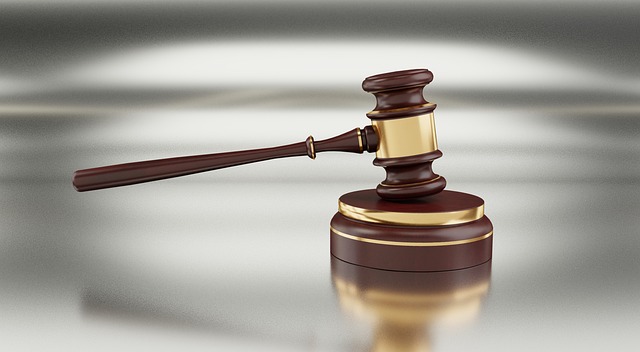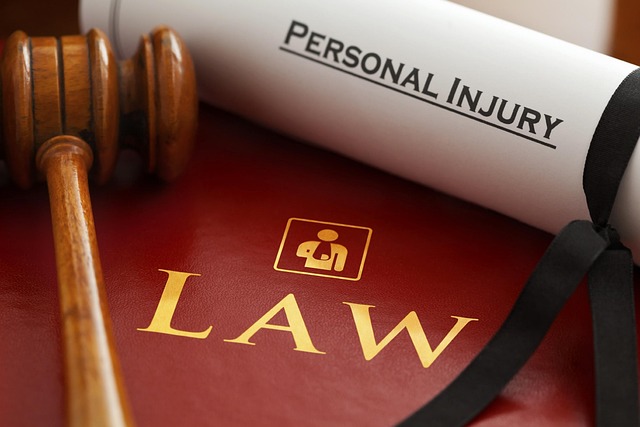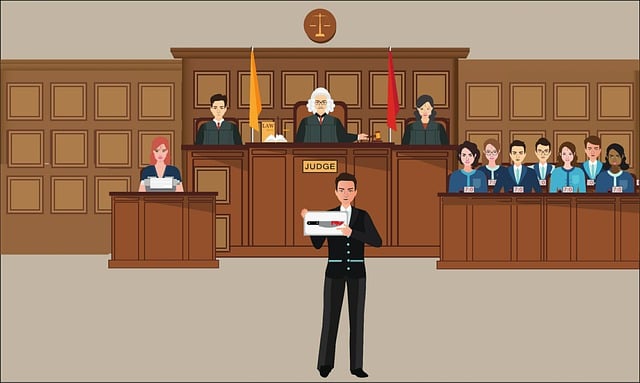Criminal defense legal representation is paramount from the moment of arrest, through complex phases of the justice system, including initial appearances, trials, plea bargains, and sentencing. Specialized lawyers gather evidence, question witnesses, challenge prosecution cases, and educate clients about their rights, ensuring fairness and justice. Effective communication, strategic planning, ethical conduct, and client confidentiality are key to building robust defense strategies that protect individuals' rights within the criminal justice system.
In the intricate world of criminal justice, effective criminal defense legal representation is paramount to safeguarding individuals facing charges. This article delves into the multifaceted role of defense attorneys, exploring key aspects of the process. From comprehending the criminal defense process and the importance of fairness, to strategic case preparation and ethical guidelines, we dissect essential components for a robust defense. Moreover, we emphasize the power of communication in building trust with clients, ensuring their rights are protected throughout.
- Understanding the Criminal Defense Process
- The Role of Legal Representation in Ensuring Fairness
- Strategies for Building a Solid Defense Case
- Ethical Considerations and Client Confidentiality
- Effective Communication with Clients Throughout the Case
Understanding the Criminal Defense Process

The criminal defense process can seem complex and intimidating, but it’s crucial for clients to grasp its fundamentals. It begins with an arrest, where a suspect is taken into custody for suspected involvement in a crime. At this stage, legal representation becomes paramount; a skilled criminal defense lawyer provides critical guidance, ensuring the client’s rights are protected from the outset. They may advise on whether to cooperate or remain silent, gather evidence to build a robust defense strategy, and even negotiate with prosecutors to secure the best possible outcome.
The process then moves into various stages: initial appearances, pretrial hearings, trials (if not resolved through plea bargains), and sentencing. Throughout these phases, criminal defense legal representation plays a vital role in navigating the complexities of the justice system. Lawyers present evidence, question witnesses, challenge the prosecution’s case, and advocate for their client’s interests, ultimately aiming to achieve the most favorable verdict or reduce potential penalties.
The Role of Legal Representation in Ensuring Fairness

In any criminal defense case, the role of legal representation is paramount in ensuring fairness and justice for the accused. Access to competent legal counsel guarantees that an individual’s rights are protected throughout the judicial process. Lawyers specializing in criminal defense play a crucial part by providing a robust defense strategy tailored to each client’s unique circumstances. They navigate complex legal systems, ensuring their clients receive fair treatment and are treated equally under the law.
Legal representation offers several benefits. It provides a voice for the accused, enabling them to present their side of the story effectively. Skilled attorneys can challenge evidence, question witnesses, and raise legal arguments on behalf of their clients, which may lead to favorable outcomes or reduced sentences. Moreover, they educate their clients about their rights, ensuring understanding and informed decision-making during a stressful and confusing time.
Strategies for Building a Solid Defense Case

In the intricate world of criminal defense, building a solid case is an art that requires meticulous planning and strategic execution. The first step involves gathering all relevant evidence, from witness statements to physical clues, ensuring they are thoroughly analyzed and interpreted. A skilled criminal defense lawyer will scrutinize each detail, identifying potential loopholes in the prosecution’s argument and crafting a compelling narrative that favors their client.
Moreover, effective communication is key. Lawyers must establish a strong rapport with their clients, encouraging open dialogue to understand the nuances of the case. This collaborative approach allows for the development of unique defenses tailored to the individual, ensuring every angle is considered. By combining thorough investigation, analytical thinking, and empathetic communication, legal representatives can construct a robust defense strategy that protects their client’s rights within the criminal justice system.
Ethical Considerations and Client Confidentiality

In the realm of criminal defense, ethical considerations and client confidentiality are paramount. As advocates for their clients, lawyers must uphold the highest standards of integrity and professionalism. This includes maintaining absolute secrecy regarding all aspects of the case, as revealed by the attorney-client privilege. Confidentiality fosters trust between the defendant and their legal representation, ensuring open communication that is crucial to building a robust defense strategy.
Ethical practices also demand that attorneys prioritize their clients’ best interests above all else. This involves zealous advocacy, meaning they must vigorously pursue every legitimate avenue to protect their client’s rights and freedoms. Balancing these ethical obligations with the need for confidentiality is essential in ensuring effective criminal defense legal representation.
Effective Communication with Clients Throughout the Case

In any criminal defense case, effective communication between the lawyer and client is paramount. Building a strong attorney-client relationship fosters trust and ensures that all parties are aligned in their legal strategy. Throughout the case, attorneys should make an effort to listen actively to their clients’ concerns, questions, and unique perspectives on the situation. This two-way dialogue allows for a comprehensive understanding of the client’s needs and expectations.
Clear and consistent communication is crucial, especially when discussing complex legal matters. Criminal defense lawyers must translate potentially confusing legal jargon into easily understandable terms, empowering clients to make informed decisions. Regular updates on case progress, potential outcomes, and available options enable clients to feel involved and engaged in their own legal representation, fostering a sense of empowerment and control during an otherwise stressful time.






